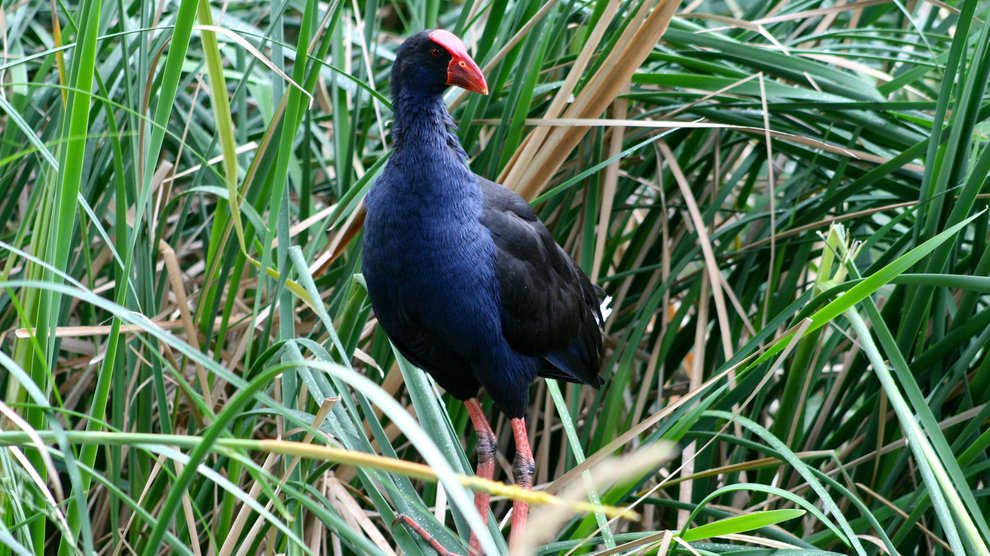This Week’s NOVA Next Feature Article
Looking good can make you feel better, but new research on birds shows that feeling good may improve appearances. NOVA Next contributor Elizabeth Preston

In other news from NOVA and around the web:
- Lianas, long thought to be mere parasites, may offer trees a life-saving service .
- Handwriting might be a lost art, but educators should make sure it lives on in the classroom .
- A new 2D material could be everything that graphene wasn’t —giving us better computer chips, solar cells, and more.
- Monarch butterflies face a grim future. But you can help save them. Here’s how .
-
A phone app might be able
to predict bipolar
disorder.
- The way drowsiness alters the brain resembles a common form of brain damage . Here’s what else science knows about drowsiness .
- If you have blond hair, thank a tiny mutation that subtly alters your gene expression.
-
A class at Yale combines
physics and dance
.
-
LEGO has finally created a
female scientist mini-figure set
.
- Astronomers have discovered a mega-Earth : “This is the Godzilla of Earths!” says Harvard’s Dimitar Sasselov.
Yesterday was the 70th anniversary of D-Day. Watch "D-Day’s Sunken Secrets" streaming online to commemorate the milestone.
-
The Obama administration has proposed
30% cuts
to power plant carbon emissions.
- “Even when a system is not technologically complex, a tiny defect can lead to calamity.” The New York Times’ Retro Report examines the Challenger and Columbia disasters through interviews with key participants.
- Chikungunya infections in Caribbean countries spiked last week . The disease is poised to sweep the U.S., too.
- Turns out Einstein had quite the personal life .
-
Jill Tarter was the woman behind Jodie Foster’s lead role in the movie “Contact,” based on the Carl Sagan book.
NOVA’s Secret Life of Scientists
talked to her about the
search for intelligence life
.
- Did a lethal plague kill thousands in Rome? Centuries-old DNA may hold the answer.
- Spiders pluck their webs’ strings in part to find potential mates .
- A congressionally mandated report concludes that the United States should go for the goal of putting humans on Mars .
- Can humans survive a trip to Mars and back that could take two to three years? Watch NOVA scienceNOW, hosted by Neil deGrasse Tyson, to find out .

